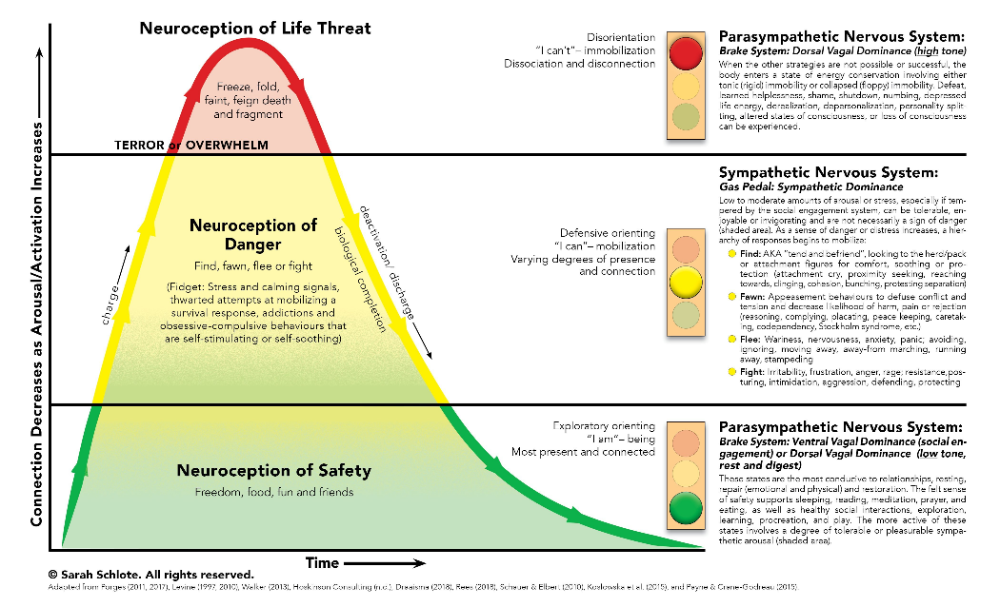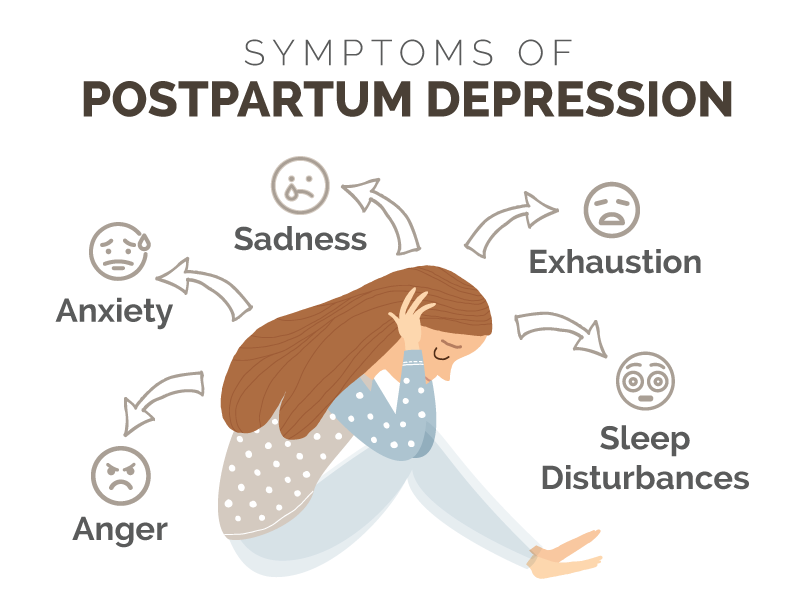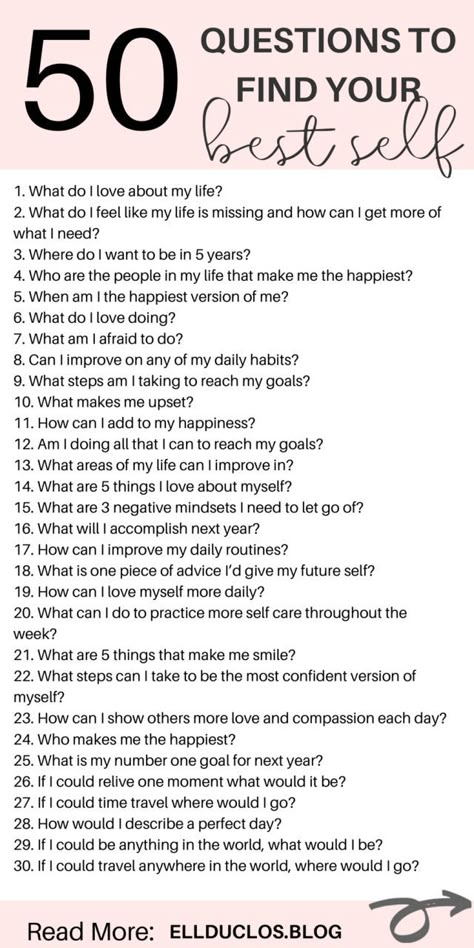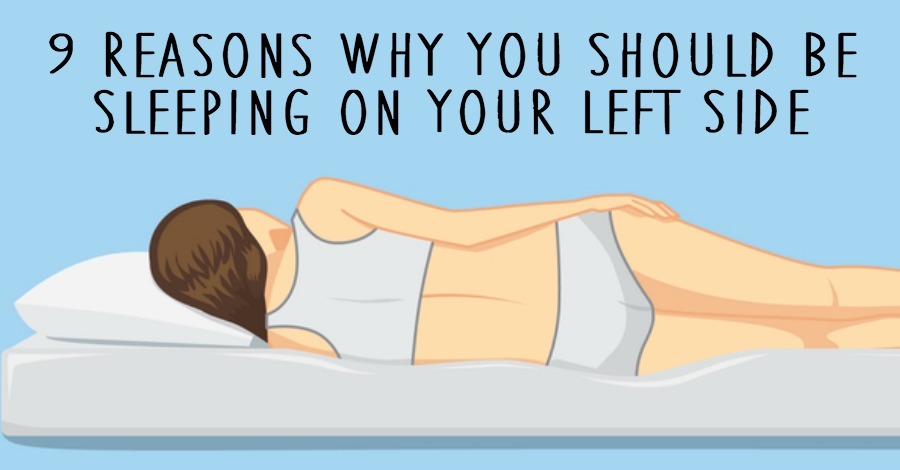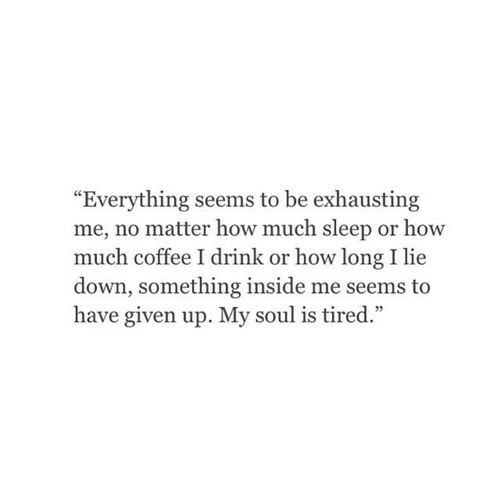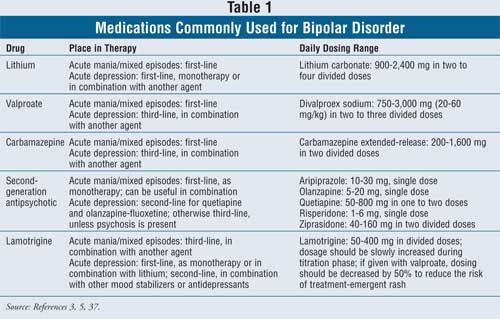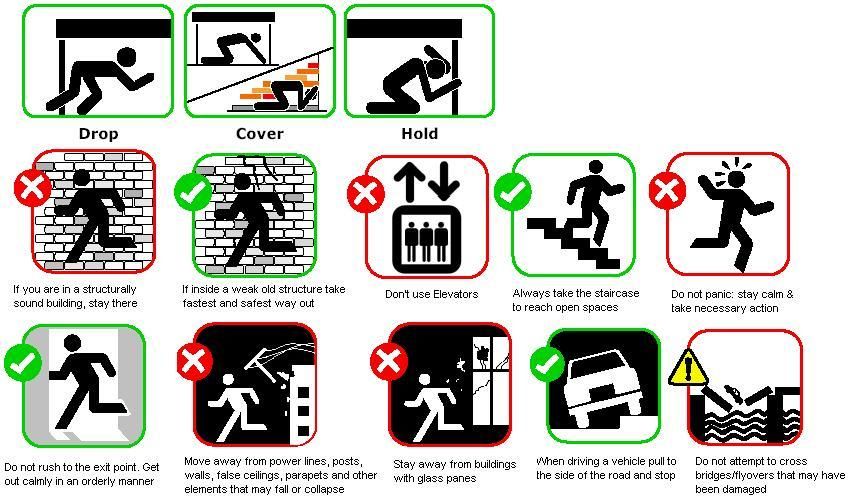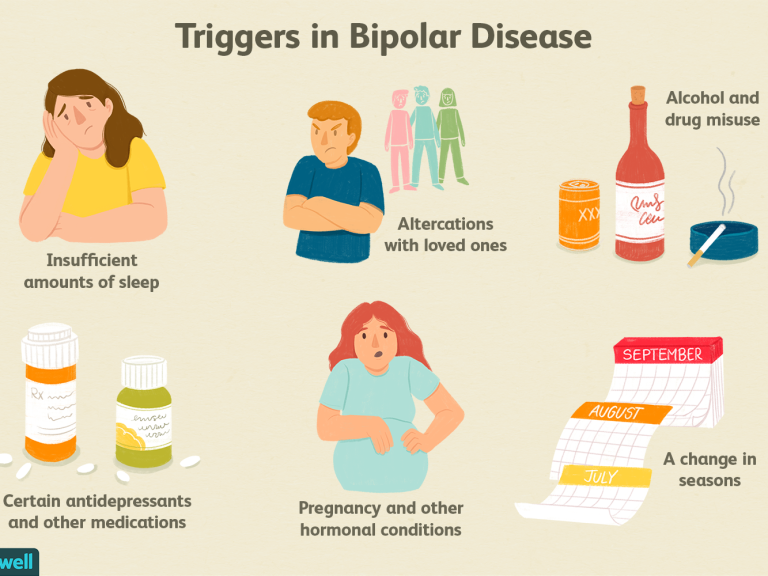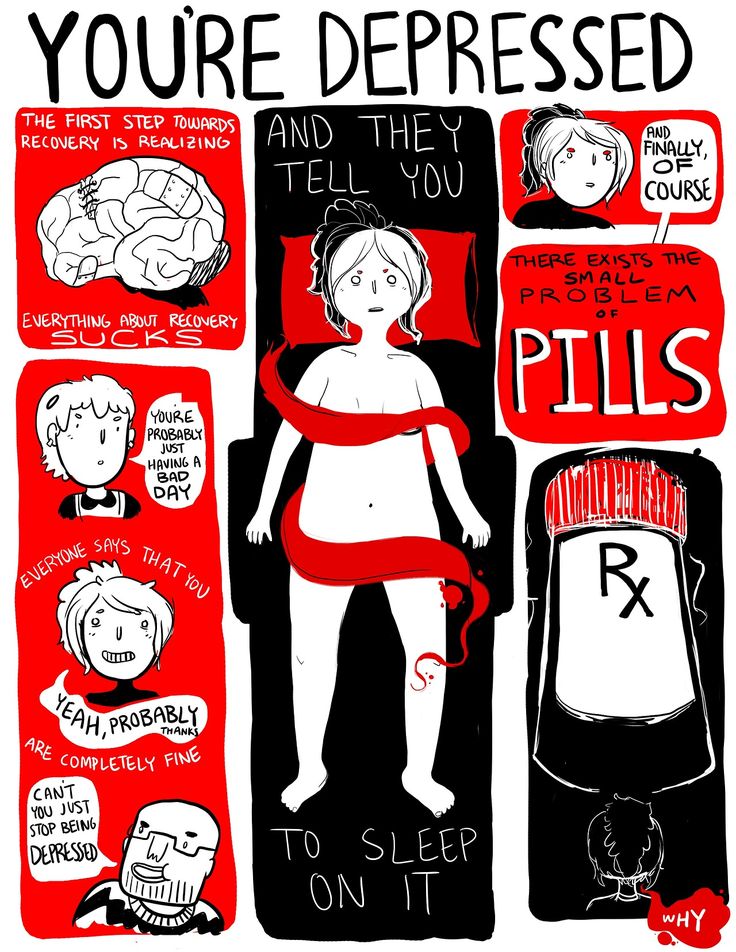What helps nervousness
Get help with anxiety, fear or panic
Most people feel anxious or scared sometimes, but if it's affecting your life there are things you can try that may help.
Support is also available if you're finding it hard to cope with anxiety, fear or panic.
Symptoms of anxiety
Anxiety can cause many different symptoms. It might affect how you feel physically, mentally and how you behave.
It's not always easy to recognise when anxiety is the reason you're feeling or acting differently.
Physical symptoms- faster, irregular or more noticeable heartbeat
- feeling lightheaded and dizzy
- headaches
- chest pains
- loss of appetite
- sweating
- breathlessness
- feeling hot
- shaking
- feeling tense or nervous
- being unable to relax
- worrying about the past or future
- feeling tearful
- not being able to sleep
- difficulty concentrating
- fear of the worst happening
- intrusive traumatic memories
- obsessive thoughts
- not being able to enjoy your leisure time
- difficulty looking after yourself
- struggling to form or maintain relationships
- worried about trying new things
- avoiding places and situations that create anxiety
- compulsive behaviour, such as constantly checking things
Symptoms of a panic attack
If you experience sudden, intense anxiety and fear, it might be the symptoms of a panic attack. Other symptoms may include:
- a racing heartbeat
- feeling faint, dizzy or lightheaded
- feeling that you're losing control
- sweating, trembling or shaking
- shortness of breath or breathing very quickly
- a tingling in your fingers or lips
- feeling sick (nausea)
A panic attack usually lasts 5 to 30 minutes. They can be very frightening, but they're not dangerous and should not harm you.
Information:
If you're not sure how you feel, try our mood self-assessment.
Things you can try to help with anxiety, fear and panic
Do
-
try talking about your feelings to a friend, family member, health professional or counsellor.
 You could also contact Samaritans, call: 116 123 or email: [email protected] if you need someone to talk to
You could also contact Samaritans, call: 116 123 or email: [email protected] if you need someone to talk to -
use calming breathing exercises
-
exercise – activities such as running, walking, swimming and yoga can help you relax
-
find out how to get to sleep if you're struggling to sleep
-
eat a healthy diet with regular meals to keep your energy levels stable
-
consider peer support, where people use their experiences to help each other. Find out more about peer support on the Mind website
-
listen to free mental wellbeing audio guides
Don’t
-
do not try to do everything at once – set small targets that you can easily achieve
-
do not focus on the things you cannot change – focus your time and energy into helping yourself feel better
-
do not avoid situations that make you anxious – try slowly building up time spent in worrying situations to gradually reduce anxiety
-
try not to tell yourself that you're alone; most people experience anxiety or fear at some point in their life
-
try not to use alcohol, cigarettes, gambling or drugs to relieve anxiety as these can all contribute to poor mental health
Audio: How to cope with anxiety – a relaxation technique
In this audio guide, a doctor explains how you can take control of anxiety.
Media last reviewed: 2 March 2021
Media review due: 2 March 2024
Information:
Further information and support
- Mind: anxiety and panic attacks – how can I help myself?
- Mind: anxiety and panic attacks – what is a panic attack?
- Every Mind Matters: self-help cognitive behavioural therapy (CBT) techniques – get help with anxiety and worries, improve your sleep and boost your mental wellbeing
Where to get NHS help for anxiety, fear and panic
Referring yourself for therapy
If you need more support, you can get free psychological therapies like cognitive behavioural therapy (CBT) on the NHS.
You can refer yourself directly to an NHS psychological therapies service (IAPT) without a referral from a GP.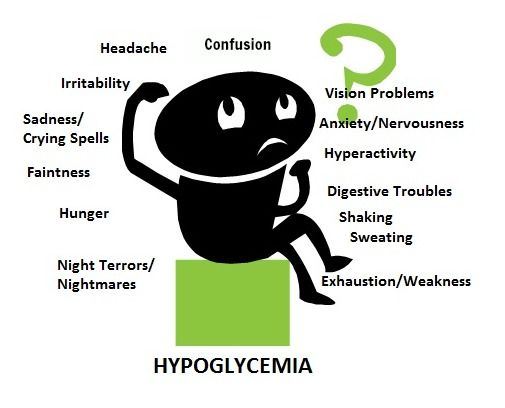
Non-urgent advice: See a GP if:
- you're struggling to cope with anxiety, fear or panic
- things you're trying yourself are not helping
- you would prefer to get a referral from a GP
Urgent advice: Ask for an urgent GP appointment or call 111 if:
- you need help urgently, but it's not an emergency
111 can tell you the right place to get help if you need to see someone. Go to 111.nhs.uk or call: 111.
Immediate action required: Call 999 or go to A&E now if:
- you or someone you know needs immediate help
- you have seriously harmed yourself – for example, by taking a drug overdose
A mental health emergency should be taken as seriously as a medical emergency.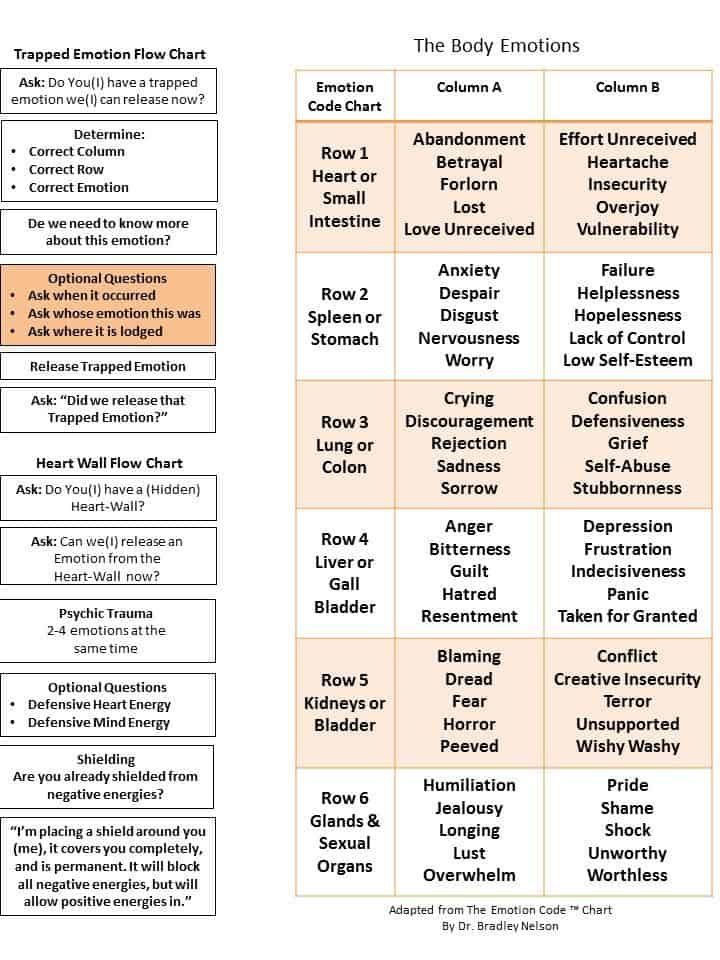
Find your nearest A&E
Causes of anxiety, fear and panic
There are many different causes of anxiety, fear or panic and it's different for everyone.
When you're feeling anxious or scared, your body releases stress hormones, such as adrenaline and cortisol.
This can be helpful in some situations, but it might also cause physical symptoms such as an increased heart rate and increased sweating. In some people, it might cause a panic attack.
Regular anxiety, fear or panic can also be the main symptom of several health conditions. Do not self-diagnose – speak to a GP if you're worried about how you're feeling.
Identifying the cause
If you know what's causing anxiety, fear or panic, it might be easier to find ways to manage it.
Some examples of possible causes include:
- work – feeling pressure at work, unemployment or retirement
- family – relationship difficulties, divorce or caring for someone
- financial problems – unexpected bills or borrowing money
- health – illness, injury or losing someone (bereavement)
- difficult past experiences – bullying, abuse or neglect
Even significant life events such as buying a house, having a baby or planning a wedding could lead to feelings of stress and anxiety.
You might find it hard to explain to people why you feel this way, but talking to someone could help you find a solution.
Find out more about the 5 steps to mental wellbeing.
Conditions related to anxiety, fear and panic
| Symptoms | Possible cause |
|---|---|
| feelings of anxiety that will not go away, anxiety is affecting your life | generalised anxiety disorder |
| overwhelming fear of something specific like an object, place or animal | phobias |
| regularly experiencing panic attacks | panic disorder |
| often reliving traumatic past experiences, nightmares and flashbacks | post-traumatic stress disorder |
How to Ease Your Anxiety
Everyone feels anxious from time to time. Occasional anxiety is a normal reaction to uncertainty about what’s going to happen next, whether that’s in the next few minutes, days, or months.
Occasional anxiety is a normal reaction to uncertainty about what’s going to happen next, whether that’s in the next few minutes, days, or months.
Mental health experts define anxiety as worry over a threat that’s still in your future. Thinking about a conversation you dread, for example, could twist your stomach into knots days before it happens. Your heart may race before an exam or presentation. You might lie awake at night worried about whether you’ll catch COVID-19 at the grocery store.
It’s also normal to want to get rid of those uncomfortable, pit-of-the-stomach feelings as quickly as possible. But that approach can make you more anxious, says David H. Rosmarin, PhD, associate professor of psychology at Harvard Medical School in Boston.
“When you worry about getting rid of your anxiety, you’re signaling your nervous system that you have even more to be anxious about. And that makes your anxiety worse,” he says.
Keep in mind that if your anxiety is long-lasting and interferes with your daily life, you could have an anxiety disorder. In that case, you may need treatment to overcome it.
In that case, you may need treatment to overcome it.
Calm Anxiety by Accepting It
It’s not what people expect to hear. But one of the most effective ways to ease occasional anxiety is to accept it, says Rosmarin, who is also founder of the Center for Anxiety in New York City.
“When we let anxiety run its course in the moment without fighting it, ironically, that makes it less. On the other hand, fighting anxiety is what typically [triggers] a panic attack,” he says.
“And, if your only strategy is to distract yourself from your anxiety or to avoid things that cause it, you’ll always be afraid of it. It’s always going to be the bully in the schoolyard because you’ve never learned to deal with it.”
The Anxiety and Depression Association of America puts it this way: “The thoughts you resist persist.”
Try these steps instead:
Recognize and understand your anxiety: Tell yourself, “My nervous system is kicking into high gear because I’m worried about [thing X].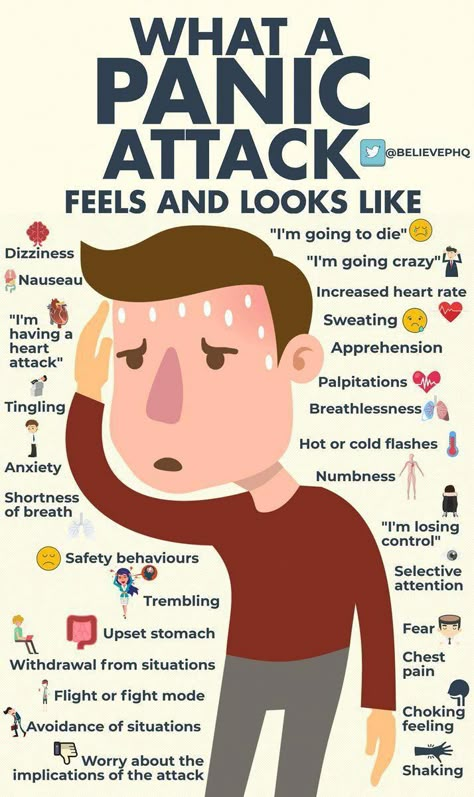 ”
”
Don’t criticize yourself for those feelings: Instead, say, “This is a normal, healthy response by my body to these circumstances, which are complicated, stressful, or difficult. It’s OK to feel this way.”
Know that you can have anxiety and still function well: “You can perform very well with anxiety, and probably have done so before,” Rosmarin says.
Think back to a time when you were anxious but did what you needed to do anyway. Maybe you were filled with anxiety before an event or a meeting. But later, someone said you did a great job.
How to Stop Anxiety
When your anxiety feels overwhelming, these techniques can give you quick, short-term relief.
Do a reality check: Ask yourself these questions:
- On scale of 1 to 100, how likely is it that the thing I’m anxious about will happen?
- Do I have good reasons to think something will go wrong?
- Is there a chance I’m overly worried?
Share your anxiety with someone you trust: Don’t avoid your anxious thoughts, which can make them worse. Talk them over with a friend or family member, who can help you put them in perspective.
Talk them over with a friend or family member, who can help you put them in perspective.
Remind yourself that you’re safe: “When anxiety kicks in you may feel scared or out of control, with your mind racing to all these uncertain future catastrophes,” says clinical psychologist Debra Kissen, PhD, chief executive officer of Light On Anxiety CBT Treatment Centers in the Chicago area.
“Ask yourself, ‘Is there a real danger in front of me, or am I actually safe at home and worried about something that’s no threat to me right now?’” she says. “This thinking can ground you in the moment and reboot your brain and body so you feel less anxious.”
Redirect nervous energy: Anxiety can be like a motor revving, says licensed professional counselor Lisa Henderson. “Take control of that energy and put it somewhere else,” says Henderson, co-founder and chief executive officer of Synchronous Health in Nashville.
“If you’re sitting there worried, for example, get up and walk or pace,” she says.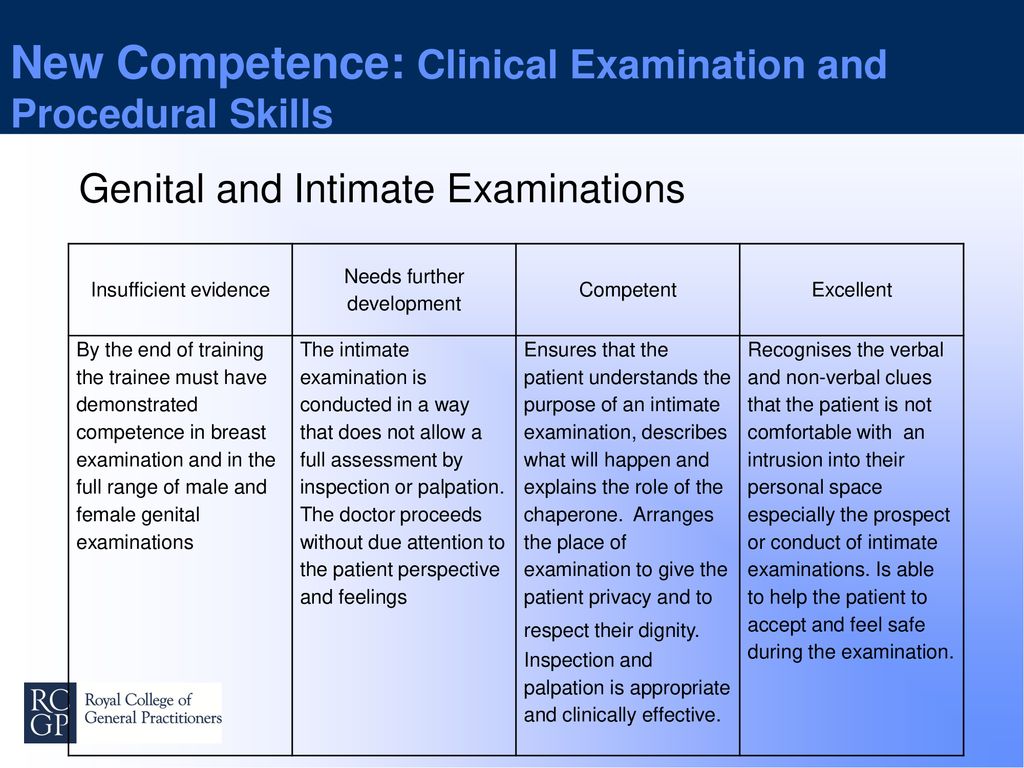 “Take a few minutes to clean something. Go outside for 5 minutes. Shorts bursts of activity can release that anxious energy.”
“Take a few minutes to clean something. Go outside for 5 minutes. Shorts bursts of activity can release that anxious energy.”
Take a mental break: “Use a guided imagery app or simply daydream on your own,” Henderson says. “A brief mental vacation can break the cycle of anxious thoughts.”
To try this on your own, set a timer for a few minutes, close your eyes, and picture yourself somewhere you feel peaceful or happy.
“Just letting your mind wander can work well if your anxiety comes from feeling controlled or managed,” Henderson says. “If your mind returns to its anxious thoughts, notice -- without judgment -- that it’s happened and mentally tell your anxiety ‘I’ll be with you in a moment.’ Then go back to your daydream.”
You may prefer an app that guides you through your thoughts to help you release anxiety. Find relaxation or meditation apps that appeal to you and give them try.
Just breathe: Inhale and exhale slowly, evenly, and deeply for several breaths.
Change your position: “Whatever you’re doing, do the opposite,” Kissen says. “If you’re hunched over with worry, stand up and take a Wonder Woman pose. If you’re under a blanket, go wash your face with cold water. Changing your sensory experience can ‘change the channel’ from anxiety.”
Use a mantra: A mantra can shift your mind away from anxious thoughts that play over and over in your head, Kissen says.
Two she likes are: “These thoughts are uncomfortable, but not dangerous,” and “This, too, will pass.”
Put your anxiety on a schedule: Pick a 15-minute window during the day to think about your anxieties. “During that time, tell your brain to just go for it and let the anxious thoughts come,” Kissen says. “But when they arise outside that time, tell them ‘I’m willing to hear you, but come back tomorrow at 3 p.m.’”
If anxiety keeps you awake, get up: “If you’re lying in bed worrying about things for more than 5 minutes, get up and go to another room and write down your anxieties,” Kissen says. “Go back to bed when you’re tired, but get up again if you feel anxious. It might take a few nights of going back and forth, but this exercise can train your brain that your bed is for sleep, not for anxiety.”
“Go back to bed when you’re tired, but get up again if you feel anxious. It might take a few nights of going back and forth, but this exercise can train your brain that your bed is for sleep, not for anxiety.”
Do I Need Treatment for Anxiety?
There’s a lot you can do on your own to relieve anxiety, but sometimes you need help. Psychotherapy and medication are the two main treatments for anxiety disorders.
Signs that it’s time to talk to a mental health professional include:
- Constant or nearly constant anxiety
- Anxiety that gets in the way of your daily activities, like work or social life
- Anxiety about things that don’t actually threaten you
- Panic attacks
Check your health insurance policy to see what mental health services your plan covers. Then, review a list of your in-network providers to find one to connect with.
“You don’t want to add to your anxiety by paying big out-of-pocket fees,” Kissen says.
Your primary care doctor may also be able to recommend a mental health professional with experience treating anxiety and anxiety disorders.
Rosmarin notes that it’s important to find a provider you click with and trust. He also says therapy doesn’t need to go on indefinitely to be effective.
“A course of cognitive behavioral therapy for anxiety may be eight to 10 sessions,” he says. “There’s also data to suggest that people feel substantially better after just one therapy session for panic disorder.”
what are the causes and how to get rid of increased irritability?
It happens that life goes on as usual - work, daily activities, seemingly no serious problems. And those that are can be described in the words of one cartoon character - "trifles, it's something everyday." However, at some point they begin to be perceived by no means as trifles. Nervousness and irritability spoil everything, interfering with both work and family life. Is it possible to cope with this condition and what to do for this, we will tell in our article. nine0005
Psychologists once handed out questionnaires to determine the level of psychosocial stress to visitors to the most ordinary polyclinic in Moscow. And revealed an average or high level in 61% of visitors[1].
And revealed an average or high level in 61% of visitors[1].
The daily life of a person in a big city is filled with stressful factors that most do not notice or consider them to be normal. Busy work schedules, complex relationships within a team, problems with children's studies or the health of close relatives are all possible sources of chronic stress. The situation is aggravated by excessive mental stress, non-compliance with the regime of work and rest. And the first manifestation of stress, a significant tension of the psyche, are increased irritability and nervousness. nine0007
But physiological causes of constant nervousness and irritability are also possible.
First of all, it is vascular atherosclerosis and arterial hypertension - high blood pressure. By themselves, the headaches that accompany this condition can provoke constant irritability - try to keep Olympic calm when the head seems to be “breaking” from the inside. In addition, with hypertension, normal blood circulation in small capillaries is disturbed, which also affects the functioning of the central nervous system.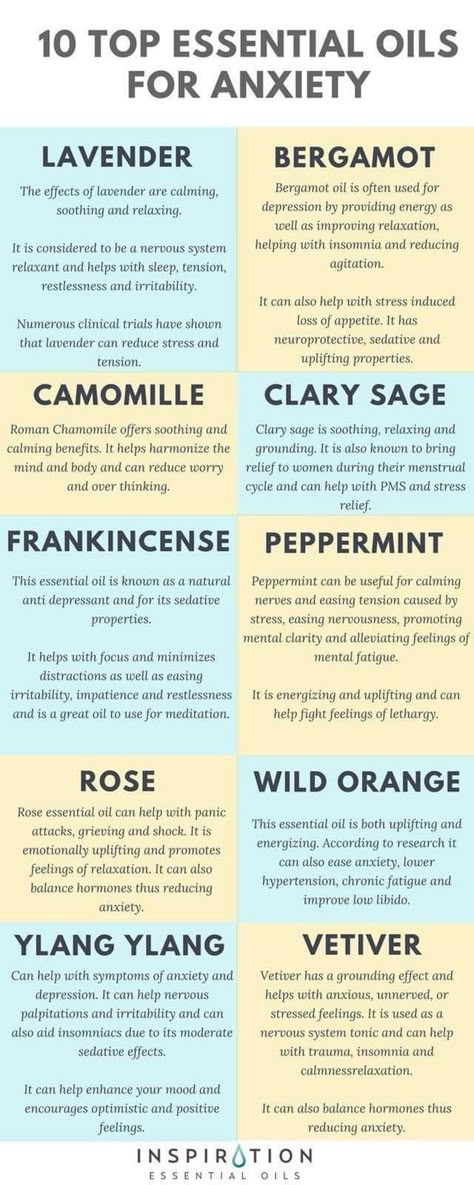 Therefore, with hypertension, it is very important to correctly take pills "from pressure" - daily for preventive purposes, without waiting for high blood pressure values, and even more so crises. In addition, experts believe that it is desirable for patients with hypertension to replenish magnesium reserves in a timely manner, the deficiency of which in the body can contribute to the development of high blood pressure [2]. nine0007
Therefore, with hypertension, it is very important to correctly take pills "from pressure" - daily for preventive purposes, without waiting for high blood pressure values, and even more so crises. In addition, experts believe that it is desirable for patients with hypertension to replenish magnesium reserves in a timely manner, the deficiency of which in the body can contribute to the development of high blood pressure [2]. nine0007
Another possible cause of irritability and nervousness is disorders of the endocrine system . If changes in character are accompanied by emaciation, heart palpitations and elevated temperature for no particular reason, it is better to consult a doctor and check the condition of the thyroid gland.
A common cause of irritability in women is premenstrual syndrome . Up to 95% of people face various manifestations of this condition [3]. Doctors believe that one of the reasons for the occurrence of PMS is a deficiency of certain vital vitamins and minerals, including magnesium [4].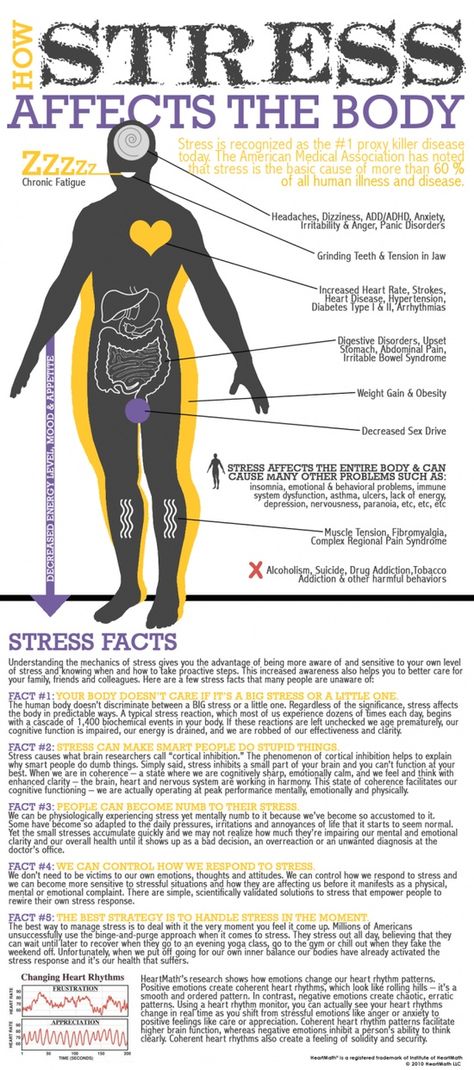 In any case, this condition should not be tolerated, it is better to contact specialists to correct it. nine0007
In any case, this condition should not be tolerated, it is better to contact specialists to correct it. nine0007
Another possible cause of severe irritability is directly lack of vitamins, micro- and macroelements involved in the regulation of the functions of the nervous system. Among them are the already mentioned magnesium, selenium, vitamin D, the so-called neurovitamins of group B.
Nutrient deficiency in the body can occur in two cases. The first is a violation of their intake, which can be associated with an unbalanced diet or with problems of the gastrointestinal tract. nine0004 Second - increased consumption due to excessive mental, physical and emotional stress. A vicious cycle occurs: stress requires an increased consumption of vitamins and minerals, which leads to their deficiency, and this, in turn, increases sensitivity to stress, which becomes the cause of constant irritability.
Magnesium is essential for healthy nerves
One of the vital macronutrients involved in the stress management system is magnesium.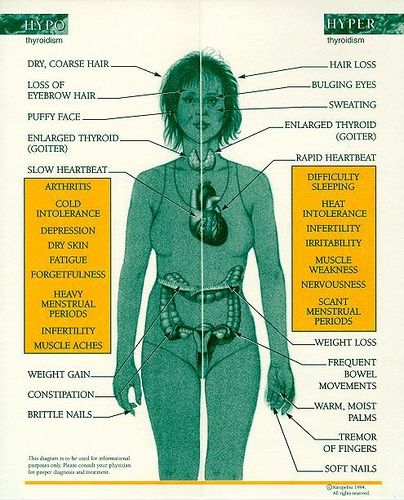 Among intracellular elements, it is the second most important (after potassium) [5]. Magnesium is involved in the conduction of an electrical impulse by a nerve cell and in the synthesis of neurotransmitters - special substances with which neurons exchange information, forming a general emotional background. In addition, the mineral takes part in the energy metabolism of the cell. nine0007
Among intracellular elements, it is the second most important (after potassium) [5]. Magnesium is involved in the conduction of an electrical impulse by a nerve cell and in the synthesis of neurotransmitters - special substances with which neurons exchange information, forming a general emotional background. In addition, the mineral takes part in the energy metabolism of the cell. nine0007
Magnesium is one of the regulators of the nervous system, maintaining the balance of excitation and inhibition in the brain. It has a relaxing and calming effect, promotes healthy sleep. With magnesium deficiency, nerve cells become more "tense", which reduces a person's ability to relax. As a result, the functions of attention and memory are disturbed, susceptibility to external influences and irritability “for nothing” increase, resistance to stress weakens.
Note
In just ten minutes of stress, the human body can use up the daily intake of magnesium.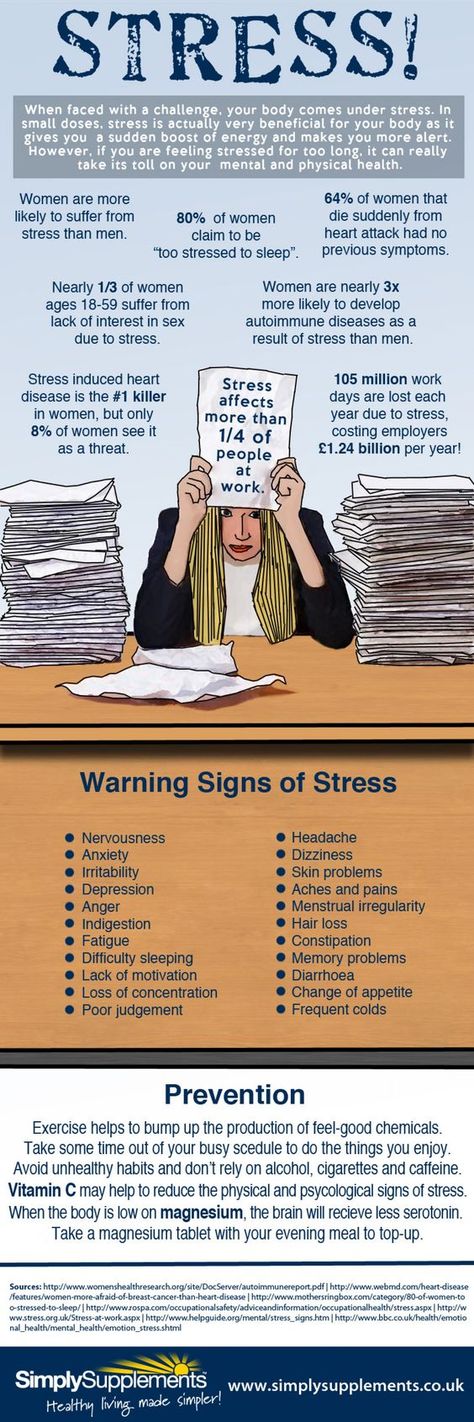
Ways to deal with nervousness
Doctors strongly recommend using non-drug ways to deal with stress before reaching for pills to treat increased irritability and nervousness. These methods mean:
- normalization of work and rest regime; nine0058
- sleep six to eight hours a night;
- revision of the menu towards a balanced diet;
- dosed physical activity;
- performing breathing exercises;
- moderate hardening.
The problem is that this "normal" mode is almost unattainable for a person working in a metropolis, and even more so if he is already in a state of stress.
You can talk as much as you like about the importance of a good night's sleep, but those who are able to ensure a normal rest do not look for ways to get rid of the state of irritability and nervousness. One of the first signs of chronic stress is sleep disturbance. Magnesium deficiency, which is caused by an increased consumption of the element during stress, contributes to the disruption of the synthesis of serotonin and melatonin, hormones that regulate sleep and wakefulness. As a result, a person at first cannot fall asleep for a long time, and then wakes up sleepy and irritated. Then, as a rule, various sedatives are used, which do not always help, especially if the primary problem - lack of magnesium, which increases the manifestations of stress - remains unresolved. The lack of this important trace element can lead to the development of mental disorders and apathy. Only with a sufficient level of magnesium in the body does the correct synthesis of melatonin, the sleep hormone, occur. Magnesium also affects the regulation and slowdown of metabolic processes at night, providing a better rest. nine0007
As a result, a person at first cannot fall asleep for a long time, and then wakes up sleepy and irritated. Then, as a rule, various sedatives are used, which do not always help, especially if the primary problem - lack of magnesium, which increases the manifestations of stress - remains unresolved. The lack of this important trace element can lead to the development of mental disorders and apathy. Only with a sufficient level of magnesium in the body does the correct synthesis of melatonin, the sleep hormone, occur. Magnesium also affects the regulation and slowdown of metabolic processes at night, providing a better rest. nine0007
According to studies, up to 75% of the population does not get enough of this macronutrient in food [6]. The reason is modern nutritional stereotypes: a lot of refined high-carbohydrate foods, few greens, nuts, bran, whole grains ... All this is superimposed on the rhythm of a life full of psycho-emotional stress.
Magnesium works well with herbal sedatives.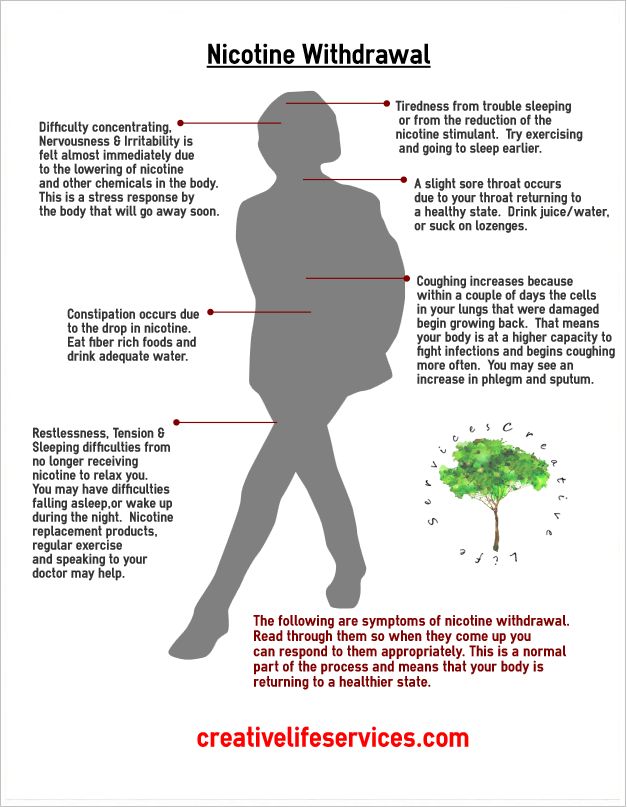 In particular, drugs based on passionflower can help to quickly get out of a state of nervousness. But the well-known valerian and motherwort act, although reliably, but slowly - they have a cumulative effect, which manifests itself after two to three weeks of administration. Therefore, sometimes it is important to choose a tool that combines both "fast" and "slow" components. nine0007
In particular, drugs based on passionflower can help to quickly get out of a state of nervousness. But the well-known valerian and motherwort act, although reliably, but slowly - they have a cumulative effect, which manifests itself after two to three weeks of administration. Therefore, sometimes it is important to choose a tool that combines both "fast" and "slow" components. nine0007
In modern realities, it is impossible to avoid stress, and good advice from doctors about the need to normalize the daily routine and maintain a measured lifestyle, not supported by practical help, often causes only a sad smile. Magnesium preparations help to increase resistance to stress, reduce irritability and anxiety. This substance regulates the activity of the central nervous system, and therefore, helps to normalize sleep, improve attention and memory, reduce excitability and irritability. nine0005
How to calm your nerves: 7 quick ways
Health
© Chester Wade/Unsplash
Author Uliana Smirnova
August 30, 2021
RBC Style shares proven methods that will help relieve emotional stress and calm down in a matter of minutes
Stressful situations happen to people almost daily.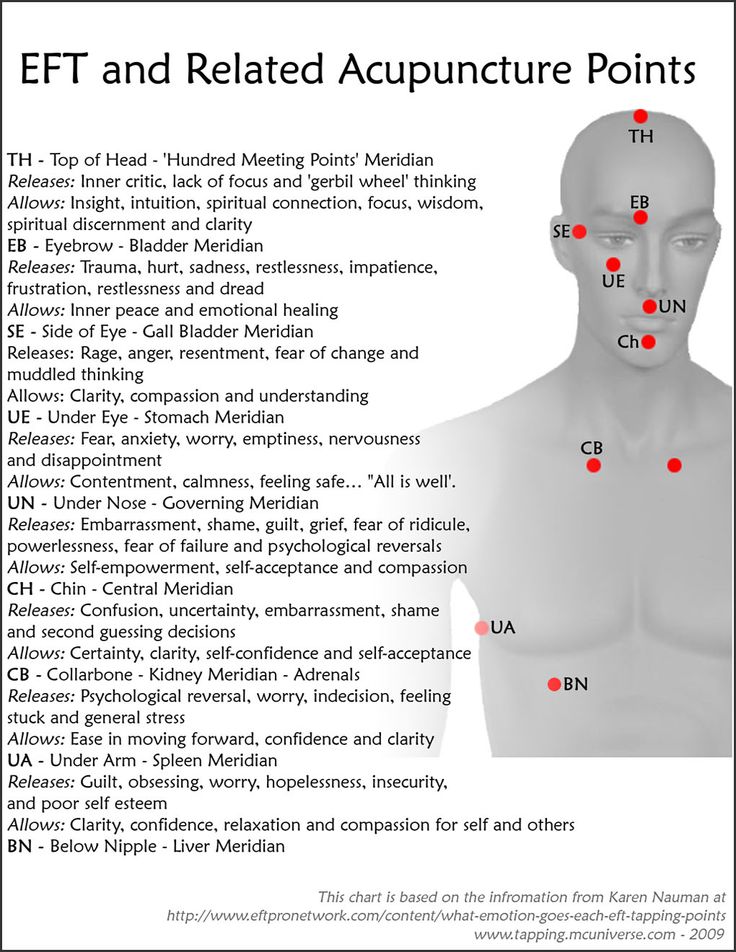 Lack of time, difficulties at work, illness of loved ones - all this can unbalance. At such moments, the heartbeat quickens, adrenaline is released, muscles tense up, breathing gets out of hand. However, the possibilities of the nervous system are not unlimited - its defenses are gradually depleted. nine0007
Lack of time, difficulties at work, illness of loved ones - all this can unbalance. At such moments, the heartbeat quickens, adrenaline is released, muscles tense up, breathing gets out of hand. However, the possibilities of the nervous system are not unlimited - its defenses are gradually depleted. nine0007
Prolonged stress can weaken the immune system, provoke nervous breakdowns, upset the psyche. According to doctors, many diseases arise precisely on the basis of nerves. For example, diabetes and bronchial asthma. Some experts even find a link between stress and cancer.
Protecting yourself from nervous situations is almost impossible. But learning to manage your emotions and relieve stress is quite real. Meditation, yoga and proper nutrition help a lot with this. But what about when you need to quickly pull yourself together? The main task in this state is to reduce the level of adrenaline in the blood. We talk about the most effective methods that will help calm the nervous system and return to a familiar state in a short time.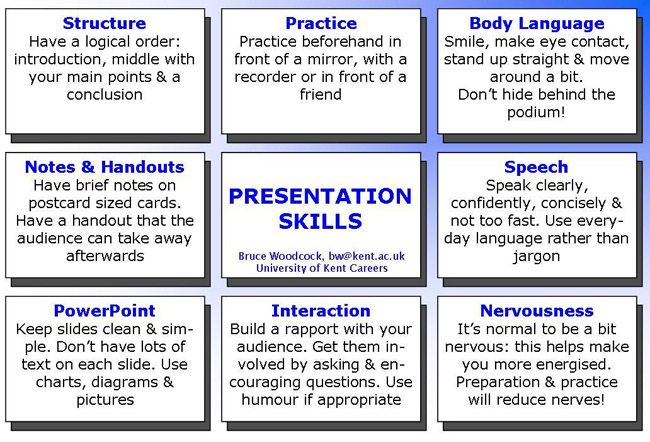 nine0007
nine0007
1. Restore your breathing
A five-minute deepening of the breath will help reduce the level of adrenaline and relieve tension. The best-known method is to slowly count to ten or twenty while controlling your inhalation and exhalation. Straighten your back and straighten your shoulders. Breathe slowly, without jerks, concentrating on each breath. Try to stretch the exhalation and make it longer than the inhalation. After each respiratory cycle, there is a short pause of 3-5 seconds. This exercise increases attention, calms the nervous system and reduces stress. If you feel discomfort or dizziness, return to your usual breathing rhythm. nine0007
© Natalia Figueredo/Unsplash
2. Create a virtual image
The adrenaline rush will stop if you take your mind off the stressful situation and start thinking about something else. This method is useful when you are provoked to an outburst of aggression. Start remembering the multiplication table, your favorite poem, phone numbers and friends' birthdays.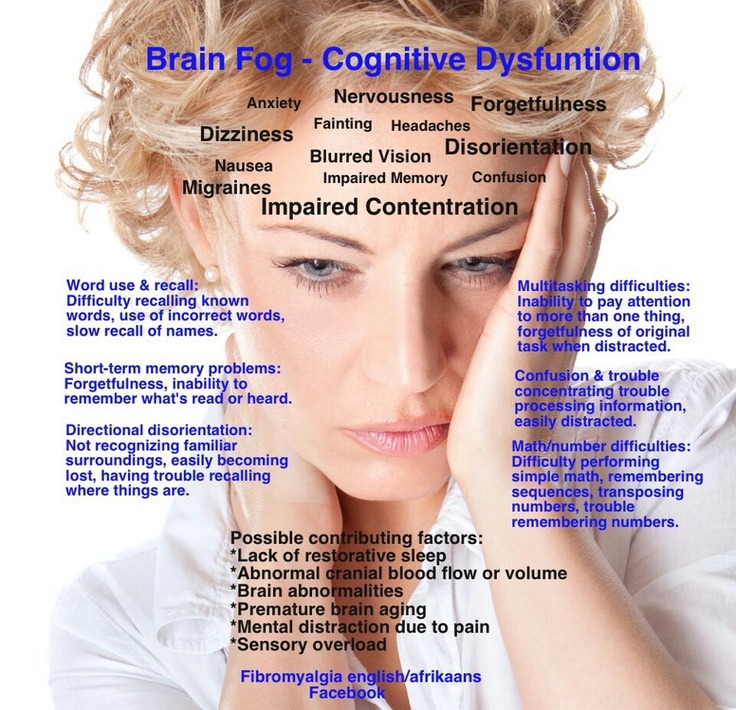 It is even better to connect the imagination and visualize thoughts, presenting them in the form of pictures, colored and as detailed as possible. Try to mentally draw a cozy cafe or sea coast. Try to feel how the water gently touches your body and takes away negative emotions. If possible, take a comfortable position, relax and close your eyes. To calm down, 4-5 minutes will be enough. nine0007
It is even better to connect the imagination and visualize thoughts, presenting them in the form of pictures, colored and as detailed as possible. Try to mentally draw a cozy cafe or sea coast. Try to feel how the water gently touches your body and takes away negative emotions. If possible, take a comfortable position, relax and close your eyes. To calm down, 4-5 minutes will be enough. nine0007
3. Swim or take a shower
A warm, powerful shower will not only relax your muscles and improve blood circulation, but also calm your nerves. And half an hour in the pool will relieve stress after a working day. Another way to relieve emotional stress is to turn on your favorite music and take a hot bath. The effect will be enhanced if you add a few drops of soothing chamomile, lavender, tangerine or lemon balm essential oil to the water. If there is no time for long water procedures, wet your hands and run wet palms over your face, neck and shoulders. Cold water well tones the skin and soothes the nerve receptors.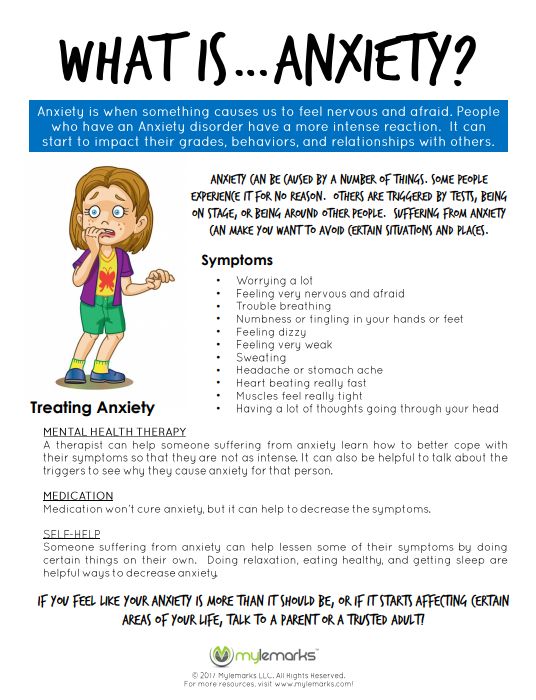 Alternatively, you can use a rose water spray to help freshen up. nine0007
Alternatively, you can use a rose water spray to help freshen up. nine0007
© Robson Hatsukami/Unsplash
4. Turn on the music and dance
Any physical activity can restore mental balance. For example, a half-hour run in the fresh air or an intense workout in the gym. Instead of exercise, you can dance, go for a walk, play badminton, or do some cleaning. During such a load, the brain produces neurotransmitters that are responsible for a good mood and reduce anxiety. It is the body's response to muscle stress. Scientists say that regular exercise is an excellent prevention of depression. And improving the appearance and physical performance will be a nice bonus. nine0007
5. Make tea with honey
A glass of clean water will help you quickly restore your normal heart rate and relax. You need to drink slowly - in short sips, taking short breaks between them. In addition to water, hot tea with dessert helps to cope with anxiety and irritation.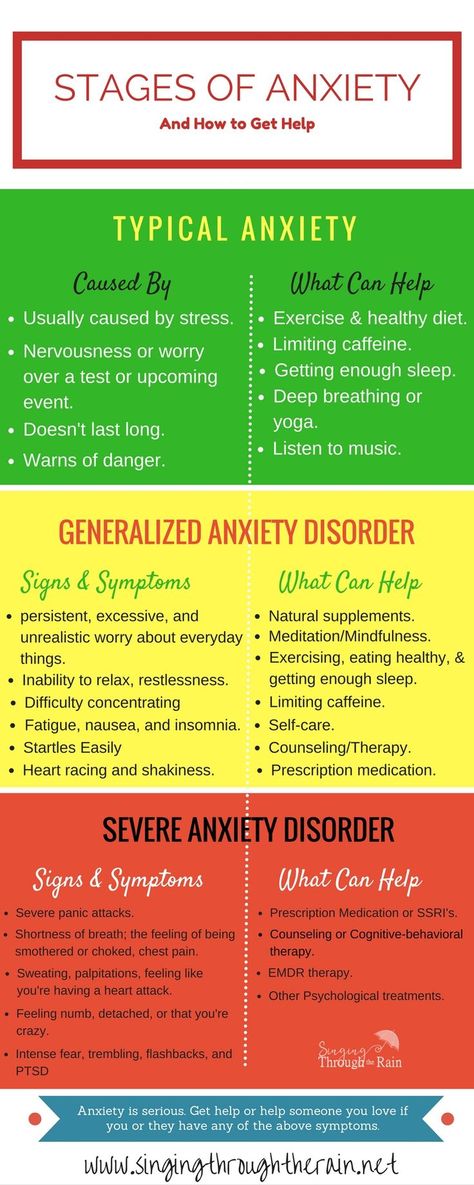 Swallowing movements calm the nerves, and sweet stimulates the production of “happiness hormones”. At the same time, it is better to replace cookies and sweets with healthy treats. For example, honey, dried fruits or dark chocolate. The latter is good at removing cortisol and catecholamines that cause stress. You can add ginger root, a sprig of oregano, a few mint leaves or jasmine flowers to the drink - these additives are known for their calming effect. nine0007
Swallowing movements calm the nerves, and sweet stimulates the production of “happiness hormones”. At the same time, it is better to replace cookies and sweets with healthy treats. For example, honey, dried fruits or dark chocolate. The latter is good at removing cortisol and catecholamines that cause stress. You can add ginger root, a sprig of oregano, a few mint leaves or jasmine flowers to the drink - these additives are known for their calming effect. nine0007
© Rawpixel/Unsplash
6. Do a light self-massage
A good massage therapist will quickly relieve nervous tension and eliminate muscle clamps. If a professional master does not have time for a session, a relaxing massage can be done on your own. A large number of nerve endings are concentrated in the head. Wash your hands thoroughly, sit on a chair and start massaging your temples in smooth circular motions. Gradually move on to the scalp. The fingertips should slide freely over the surface (in the direction of hair growth) and not stretch the skin.